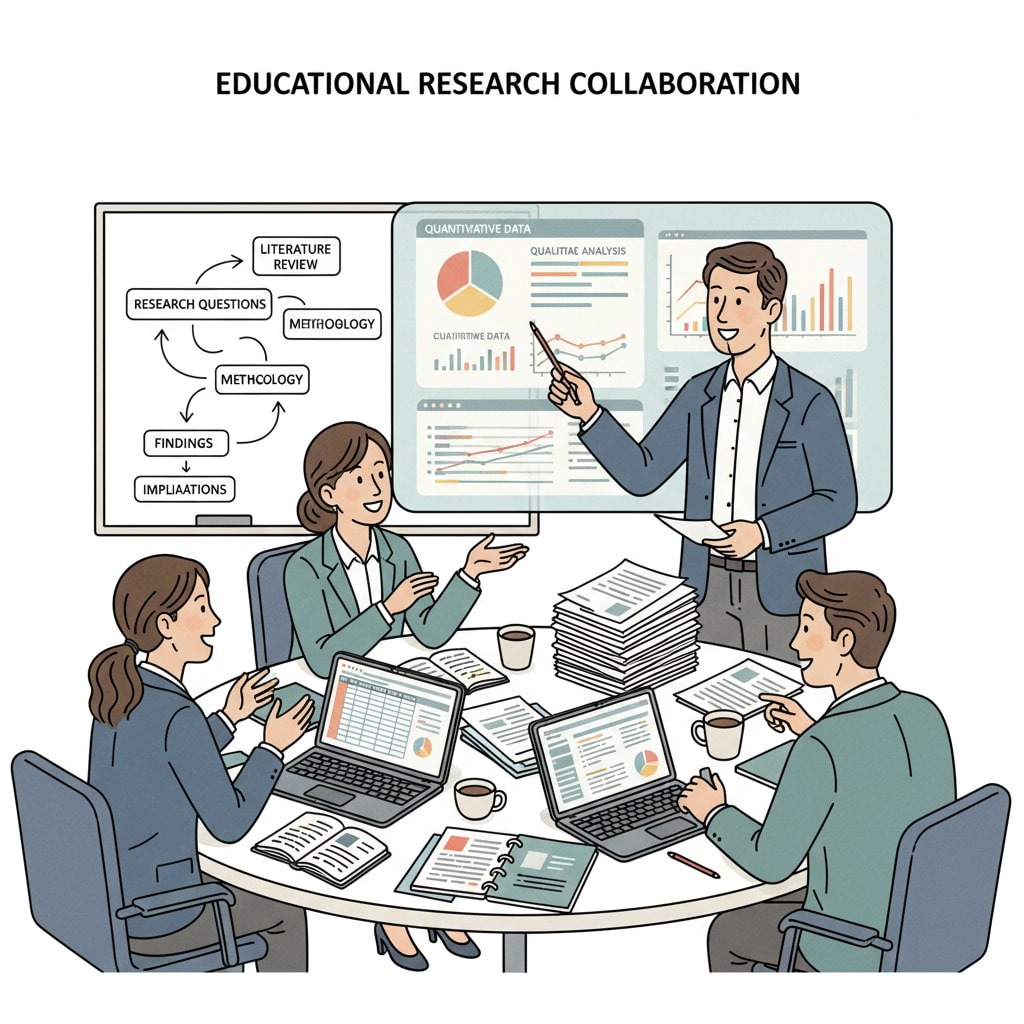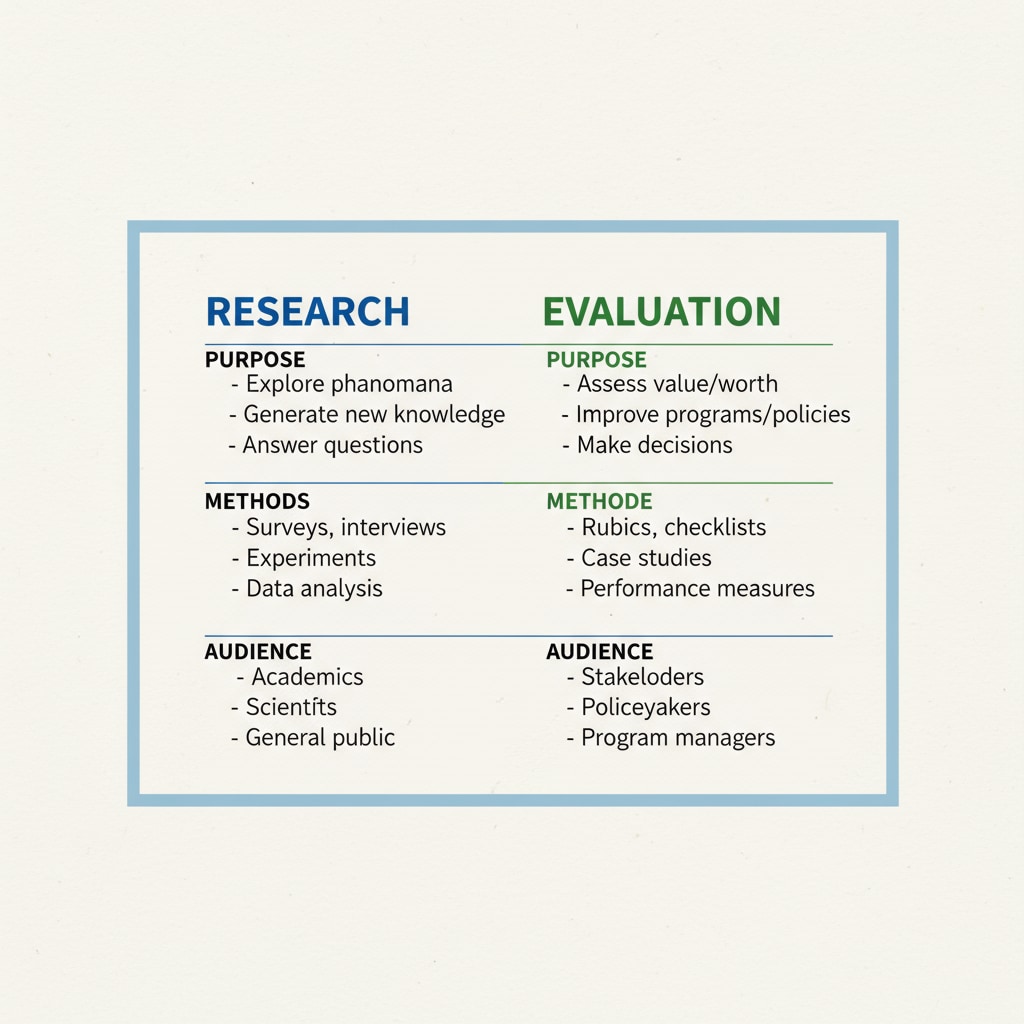In the realm of education, research, evaluation, social inequality, and education are intertwined concepts that significantly impact the K12 system. Research and evaluation play crucial yet distinct roles in understanding and addressing the complex issues of social inequality within K12 education. Let’s first explore their professional definitions.
The Professional Definitions of Research and Evaluation
Research in K12 education is a systematic inquiry aimed at generating new knowledge, understanding educational phenomena, and developing theories. It involves collecting and analyzing data from various sources such as students, teachers, and educational institutions. For example, a researcher might conduct a study to understand the impact of a new teaching method on student learning outcomes. This could involve observing classrooms, administering tests, and interviewing students and teachers. American Psychological Association’s Guide to Educational Research

Evaluation, on the other hand, is the process of making judgments about the value, effectiveness, or worth of an educational program, policy, or practice. It focuses on answering questions like whether a program is achieving its intended goals. For instance, evaluating a school’s after-school tutoring program to see if it is improving students’ academic performance. University of Sheffield’s Guide to Evaluation
Key Differences Between Research and Evaluation
One key difference is their purpose. Research is more about discovery and expanding knowledge, while evaluation is centered around decision-making. Research may lead to new ideas and theories, but evaluation helps determine if a particular initiative should be continued, modified, or discontinued. Another difference lies in their methods. Research often uses a wider range of qualitative and quantitative methods, while evaluation typically focuses on methods that can measure the outcomes and impacts of a specific program or policy.

In addition, the audience for research is usually the academic community and other researchers, aiming to contribute to the broader body of knowledge. Evaluation, however, is more directed towards stakeholders such as school administrators, policymakers, and educators who need information to make practical decisions.
Research and Evaluation as Tools for Social Change in K12 Education
Both research and evaluation can be powerful tools in addressing social inequality in K12 education. Research can identify the root causes of educational disparities, such as differences in funding, teaching quality, and access to resources among different socioeconomic groups. By understanding these issues, policymakers can develop more targeted interventions.
Evaluation, meanwhile, can assess the effectiveness of these interventions. For example, if a policy is implemented to provide more resources to low-income schools, evaluation can determine whether this policy is actually improving student performance and reducing the achievement gap. This feedback loop between research and evaluation is essential for continuous improvement in educational equity.
Readability guidance: As seen above, we have used short paragraphs and clear explanations. Each section focuses on a key aspect of research and evaluation in K12 education, highlighting their differences and roles in social change. Transition words like “however”, “in addition”, and “for example” have been used to enhance the flow of the article.


